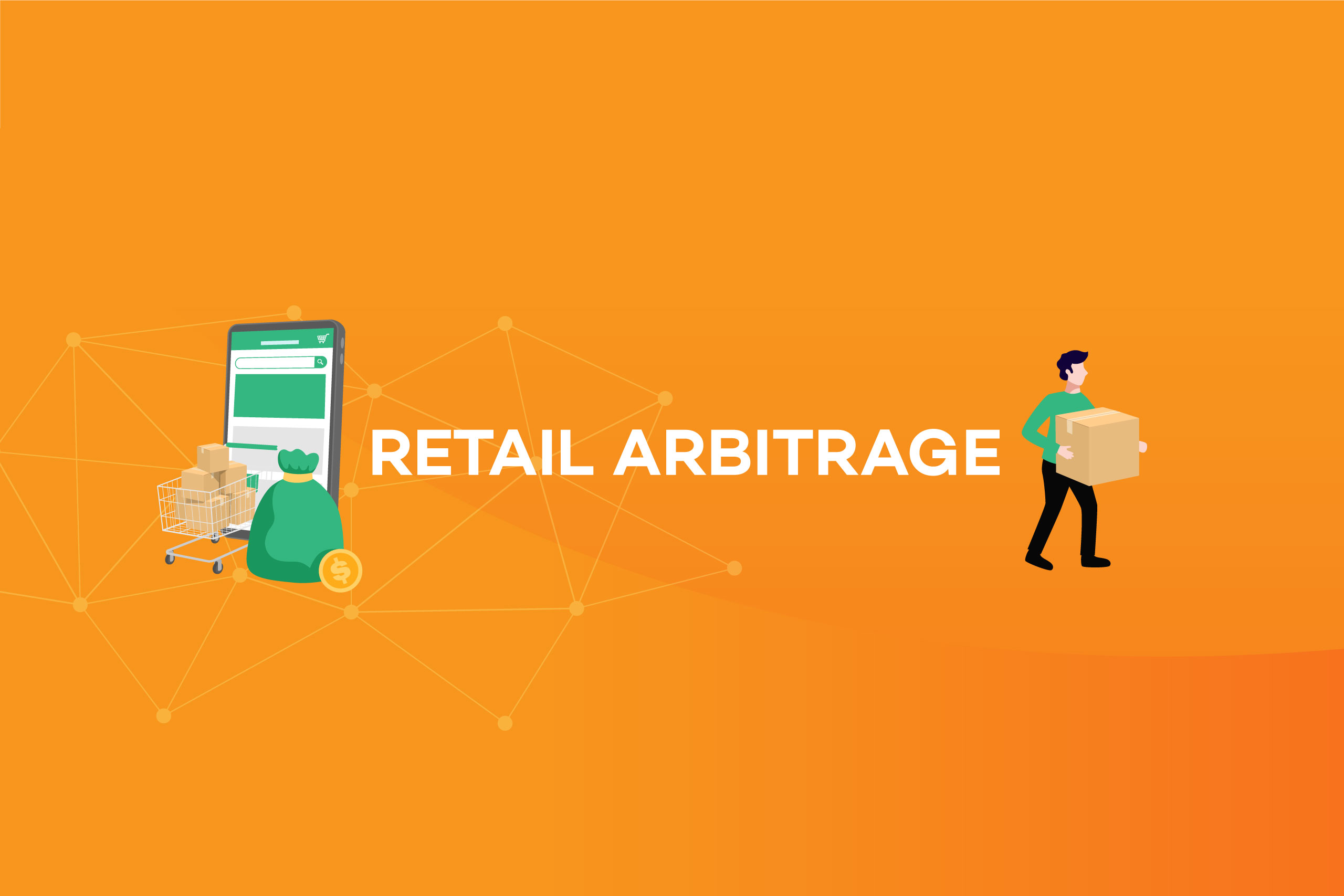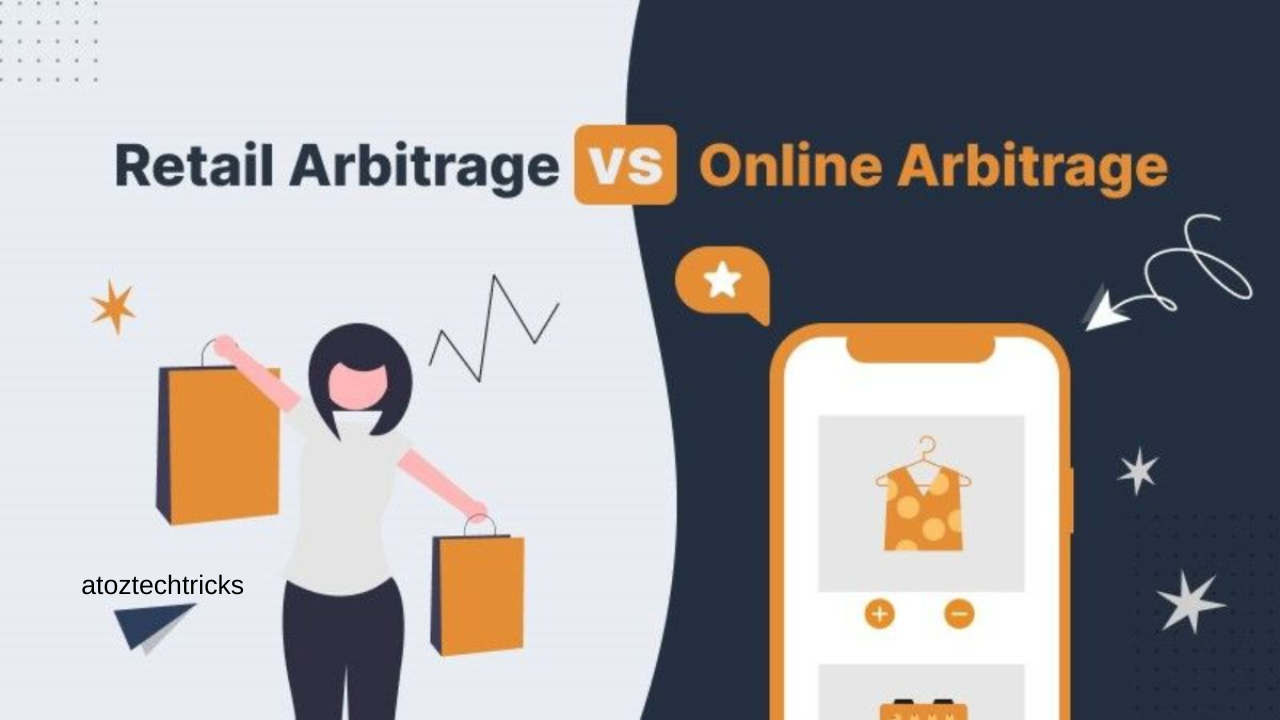Online Retail Arbitrage Business: A Comprehensive Guide
Online retail arbitrage has emerged as a popular and lucrative business model, offering opportunities for both seasoned entrepreneurs and newcomers. This guide delves into the essentials of starting and scaling an online retail arbitrage business, from understanding the concept to leveraging tools and strategies for success.
What is Online Retail Arbitrage?
Online retail arbitrage involves purchasing products from online retailers or marketplaces at a lower price and reselling them at a higher price on platforms like Amazon, eBay, or your e-commerce store. The core idea is to exploit price differences between various online marketplaces or between retail and resale platforms.
Key Components of Online Retail Arbitrage
- Product Sourcing: Identifying products that are undervalued or discounted on retail platforms.
- Market Research: Analyzing demand, competition, and potential profitability.
- Pricing Strategy: Setting a price that ensures profit while remaining competitive.
- Sales Channels: Choosing the right platforms for selling your products.
- Inventory Management: Tracking and managing stock levels efficiently.
Entertainment and Leisure Business Ideas: A Comprehensive Guide to Success
How Online Retail Arbitrage Works
Finding Profitable Products
The first step in online retail arbitrage is to find products that can be purchased at a discount and sold for a profit. This process involves several strategies:
- Retail Websites: Look for sales, clearance items, or discounted products on popular retail websites like Walmart, Target, and Overstock.
- Online Marketplaces: Platforms like Amazon and eBay often have deals and discounts on a wide range of products.
- Price Comparison Tools: Use tools like CamelCamelCamel or Keepa to track price history and identify price drops on Amazon.
- Coupon and Deal Sites: Sites like RetailMeNot or Honey offer coupons and cashback deals that can help lower purchase costs.
Analyzing Profitability
Once you’ve identified potential products, it’s crucial to assess their profitability. This involves:
- Calculating Costs: Include purchase price, shipping fees, and any additional costs like taxes or handling fees.
- Researching Selling Price: Check the selling price on your chosen platform and compare it to the cost.
- Estimating Fees: Account for platform fees, shipping costs, and other expenses.
- Profit Margin: Ensure that your selling price covers costs and provides a satisfactory profit margin.
Choosing Sales Channels
Selecting the right platform to sell your products is essential. Common options include:
- Amazon: One of the most popular platforms for retail arbitrage, offering a vast customer base and FBA (Fulfillment by Amazon) services.
- eBay: Ideal for auctions and fixed-price sales, catering to a diverse range of products.
- Your E-Commerce Store: Provides control over branding and customer experience but requires additional marketing efforts.
Pricing Strategies
Effective pricing is crucial for success in online retail arbitrage. Consider these strategies:
- Competitive Pricing: Analyze competitors’ prices and adjust yours accordingly.
- Dynamic Pricing: Use software to automatically adjust prices based on market conditions.
- Bundling: Offer product bundles at a discounted rate to increase perceived value and sales.
Managing Inventory
Proper inventory management helps avoid overstocking or running out of popular items. Tips include:
- Inventory Tracking Tools: Use software to monitor stock levels and sales trends.
- Reorder Alerts: Set up alerts for when stock levels fall below a certain threshold.
- Regular Audits: Conduct periodic checks to ensure inventory accuracy.

Tools and Resources for Online Retail Arbitrage
Several tools and resources can streamline your online retail arbitrage business:
Product Research Tools
- Keepa: Tracks Amazon price history and provides insights into price trends.
- CamelCamelCamel: Offers historical pricing data and alerts for price drops on Amazon.
- Jungle Scout: Provides product research and sales estimates for Amazon.
Inventory Management Software
- Oberlo: Helps track and manage inventory for dropshipping and retail arbitrage.
- InventoryLab: Offers inventory management and accounting tools for Amazon sellers.
- SkuVault: Provides real-time inventory tracking and warehouse management.
Pricing Tools
- RepricerExpress: Automates pricing adjustments to stay competitive.
- PriceYak: Helps with repricing and inventory management for Amazon and eBay.
Shipping and Fulfillment
- Fulfilment by Amazon (FBA): Handles storage, packing, and shipping for your Amazon products.
- ShipStation: Integrates with various platforms to streamline shipping and order management.
- ShippingEasy: Offers shipping solutions and order management tools for e-commerce businesses.
Legal and Compliance Considerations
Taxation
Understand the tax implications of running an online retail arbitrage business. Considerations include:
- Sales Tax: Depending on your location and where you sell, you may need to collect and remit sales tax.
- Income Tax: Report profits from your arbitrage activities on your income tax return.
Business Registration
Register your business as a legal entity, such as an LLC or sole proprietorship, to protect your assets and comply with local regulations.
Intellectual Property
Avoid infringing on trademarks or copyrights when sourcing and selling products. Ensure that your products are genuine and not counterfeit.

Marketing Your Online Retail Arbitrage Business
Effective marketing strategies can help drive traffic and increase sales. Consider these approaches:
Social Media
- Platform Promotion: Use platforms like Facebook, Instagram, and Twitter to promote your products.
- Influencer Marketing: Collaborate with influencers to reach a broader audience.
Content Marketing
- Blogging: Create content related to your niche to attract potential customers.
- Email Marketing: Build an email list and send promotional offers and updates.
Paid Advertising
- Pay-Per-Click (PPC): Use platforms like Google Ads or Facebook Ads to target potential buyers.
- Sponsored Listings: Invest in sponsored product listings on Amazon or eBay.
Challenges and Solutions
Competition
The online retail arbitrage market can be competitive. To stand out:
- Niche Focus: Specialize in a particular niche to differentiate yourself.
- Value Proposition: Offer unique selling points, such as exceptional customer service or exclusive products.
Market Saturation
If a product becomes oversaturated, consider:
- Diversification: Explore new product categories or niches.
- Innovation: Find creative ways to add value or differentiate your offerings.
Cash Flow Management
Managing cash flow is crucial for sustaining your business. Tips include:
- Budgeting: Create a budget to track expenses and manage cash flow.
- Payment Terms: Negotiate favourable payment terms with suppliers to improve cash flow.
Starting a Party Equipment Rental Business: A Comprehensive Guide
Scaling Your Online Retail Arbitrage Business
Expanding Product Lines
Diversify your product offerings to attract a broader audience and mitigate risk. Research new trends and markets to identify potential opportunities.
Automating Processes
Invest in tools and software to automate repetitive tasks, such as inventory management, pricing adjustments, and order fulfilment. This will help streamline operations and free up time for strategic activities.
Building a Team
As your business grows, consider hiring additional staff or outsourcing tasks to manage the increased workload. This might include virtual assistants, customer service representatives, or fulfilment experts.
Leveraging Data Analytics
Use data analytics to gain insights into sales trends, customer behaviour, and market dynamics. This information can guide decision-making and help optimize your business strategies.

Online retail arbitrage offers a flexible and potentially profitable business model for those willing to invest time and effort. By understanding the key components, utilizing the right tools, and implementing effective strategies, you can build and scale a successful online retail arbitrage business. Stay informed about market trends, continuously optimize your operations, and adapt to changing conditions to ensure long-term success in this dynamic field.




Post Comment